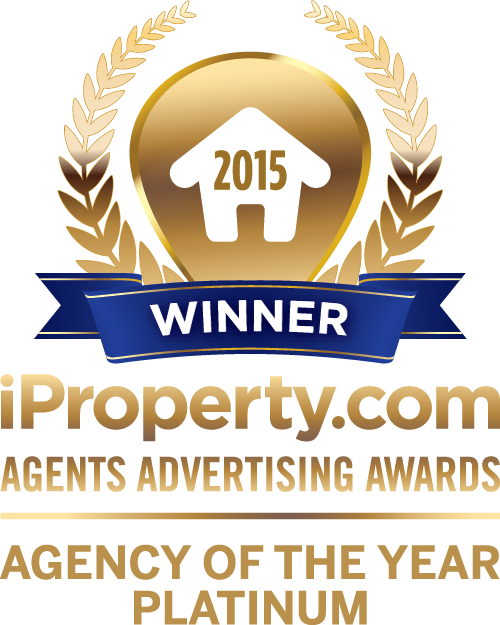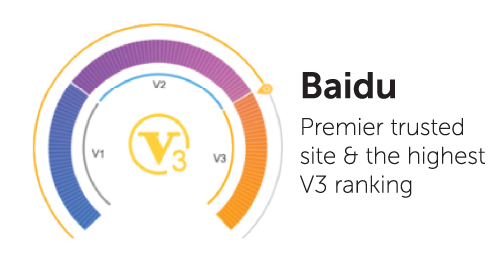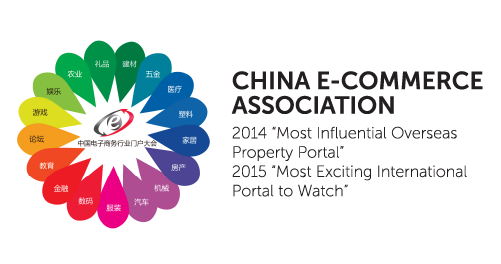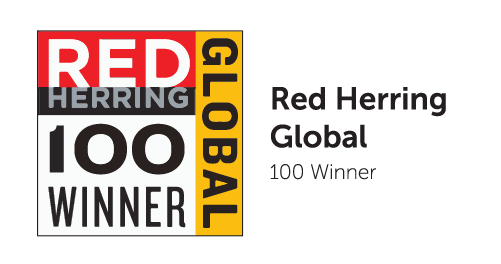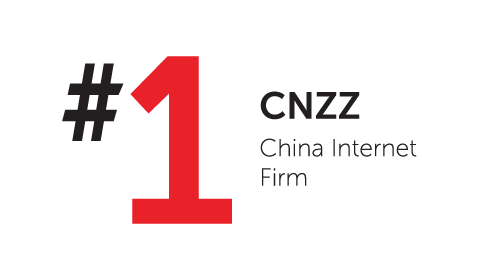Your Trusted
Real Estate Partner in
Vietnam
IQI Vietnam provides comprehensive real estate services and makes your real estate process easy with our professional team
Discover
Your one-stop property solution
Free Consultation with an Agent
Find my dream home through an agent
Sell or Rent property
Have an agent list my property
Manage My Deal
Follow up on my buying process
Mortgage Calculator
I want to calculate my budget
Register as a Real Estate Negotiator
I want to become a real estate negotiator in IQI
Vietnam Market Insight
Vietnam is a vibrant country in Southeast Asia known for its rich culture, stunning natural landscapes, and delicious cuisine. From the bustling streets of Hanoi and Ho Chi Minh City to the peaceful rice terraces and beautiful coastlines, Vietnam perfectly blends tradition and modern growth.
New Launches
Latest Listings

VINHOMES GRAND PARK
Đường Nguyễn Xiển, phường Long Thạnh Mỹ, TP. Thủ Đức (Quận 9 cũ), TP. Hồ Chí Minh
Starting from ₫ 2,000,000,000
Listed on September 4, 2025

IZUMI CITY
Hương Lộ 2, Long Hưng, Biên Hòa Tỉnh Đồng Nai 76108 Đồng Nai
Starting from ₫ 9,000,000,000
Listed on September 3, 2025

EATON PARK
94 đường Mai Chí Thọ, Phường An Phú, TP Thủ Đức, Tp HCM
Starting from ₫ 5,700,000,000
Listed on September 3, 2025

THE9STELLARS
Đường Hoàng Hữu Nam, Phường Long Bình, Quận 9, Tp.HCM
Starting from ₫ 2,500,000,000
Listed on September 3, 2025

LUMIÈRE BOULEVARD
Đường Nguyễn Xiển, P.Long Bình & Long Thạnh Mỹ, TP. Thủ Đức, HCMC
Starting from ₫ 3,200,000,000
Listed on September 3, 2025

Masteri Center Point
Đại đô thị Vinhomes Grand Park, Phường Long Bình và Phường Long Thạnh Mỹ, Quận 9, TP.HCM
Starting from ₫ 2,500,000,000
Listed on September 3, 2025

Lumiere Midtown
Lô CT7 – Khu đô thị The Global City, Phường An Phú, TP. HCM
Starting from ₫ 11,000,000,000
Listed on July 31, 2025

SYCAMORE
Phường Hóa Phú, Thành phố Thủ Dầu Một, Tỉnh Bình Dương
Starting from ₫ 10,500,000,000
Listed on July 28, 2025

Eco Retreat
Nguyễn Hữu Trí, Thanh Phú, Bến Lức, Long An 850000, Việt Nam
Starting from ₫ 1,700,000,000
Listed on July 7, 2025

Blanca City
Đường 3 Tháng 2, Phường 11, Vũng Tàu, Bà Rịa - Vũng Tàu, Việt Nam
Starting from ₫ 2,800,000,000
Listed on July 5, 2025

NOBU DA NANG
01 Võ Văn Kiệt, Phường Phước Mỹ, Quận Sơn Trà, Tp Đà Nẵng.
Starting from ₫ 5,000,000,000
Listed on October 16, 2024

The Opus One
Khu dân cư và công viên Phước Thiện, Phường Long Bình và Phường Long Thạnh Mỹ,Thành phố Thủ Đức, Thành phố Hồ Chí Minh, Việt Nam
Starting from ₫ 2,000,000,000
Listed on August 21, 2024
Our story
Award-winning PropTech Agency

IQI goes beyond conventional boundaries.
With offices in 30+ countries and 60,000+ real estate negotiators and growing, we have a unique perspective into international best practices in real estate, allowing our team to become global real estate entrepreneurs through cross border property investment and transactions.
Countries
Agents
Projects
All-in-one
Connecting you globally
Invest with us
Invest on a platform with over 6 million global properties from more than 111 countries to empower yourself as a citizen of the world.
Advertise with us
Maximise advertising efficiency and lead conversion through our buyers using data.
Testimonials
Hear from our happy buyers
Learn
Tips and Guides
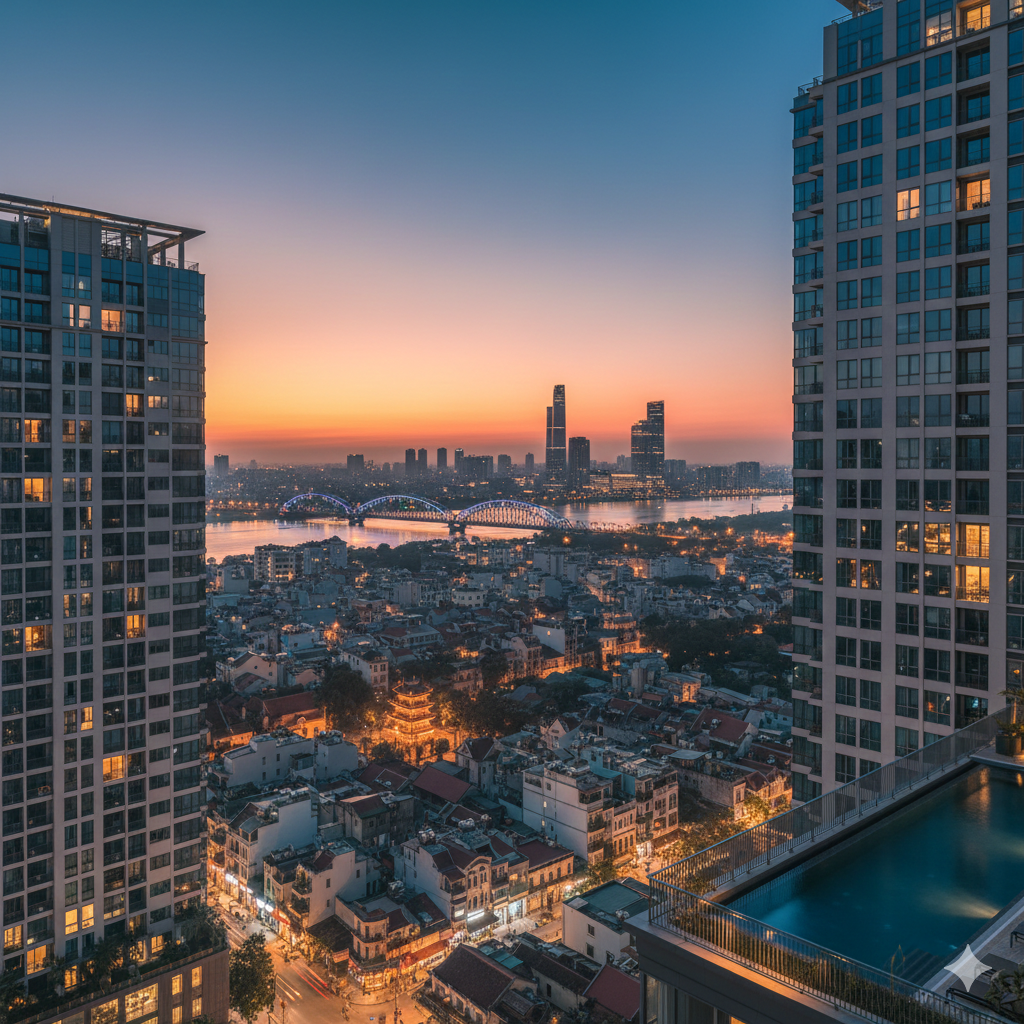 Hanoi Real Estate: Falling Rental Yields and Upcoming Developments
Hanoi Real Estate: Falling Rental Yields and Upcoming Developments
Hanoi's real estate market is facing challenges as rental yields have significantly fallen. While property prices have surged by 30–40% over the past year, rents have only risen by 8–10%, with many areas experiencing a plateau in rental income. This situation is making it increasingly difficult for property owners with mortgages to sustain their investments. The market outlook is further strained, with an abundant supply of high-end properties and secondary market prices remaining high, leading to a forecasted decline in yields. However, Hanoi’s real estate future looks promising due to major developments on the horizon. Authorities have approved a VND925 trillion (US$38 billion) sports complex project, developed by Vingroup, which willinclude a 135,000-seat stadium, the second largest in the world. This development is part of an OlympicSports Urban Area spanning more than 9,000 hectares, which is expected to significantly boost the city's infrastructure and attractiveness for both domestic and international investors. Download to see insights from other country marketsDownload
Continue Reading
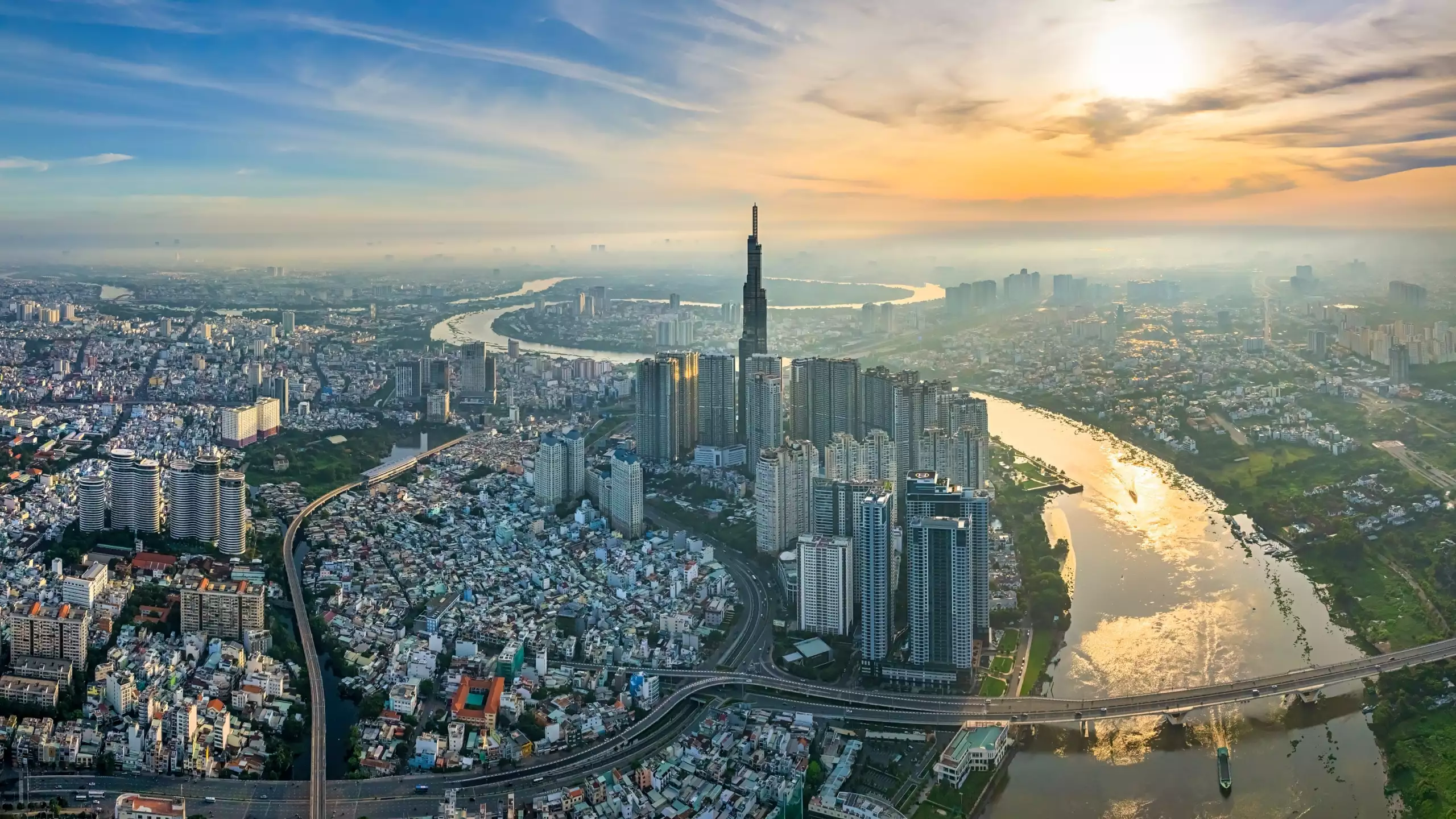 Vietnam’s Market Shows Diverging Trends Between HCMC and Hanoi
Vietnam’s Market Shows Diverging Trends Between HCMC and Hanoi
HCMC Apartment Prices Triple Over the Past Decade Apartment prices in downtown Ho Chi Minh City have nearly tripled over the past ten years, driven by sustained demand and limited new supply, according to a report by property listing platform Batdongsan. The average price rose from VND31 million (US$1,175) per square metre in 2015 to VND92 million this year. This appreciation trails only land prices, which surged 4.8 times over the same period. In the third quarter, the average price in District 1—the city’s most expensive area—reached VND413 million per square metre. Newly launched units are priced between VND200 million and VND500 million, with annual growth of 10–30%. Hanoi Apartment Market Cools, Flippers Struggle Meanwhile, Hanoi’s apartment market is facing a slowdown. Speculators are finding it difficult to sell units even after lowering prices, as buyers hold out for more affordable options amid an increase in new supply. This contrasts sharply with just three months ago, when newly launched apartments were quickly snapped up by eager buyers. Discover more here:Download Now!
Continue Reading
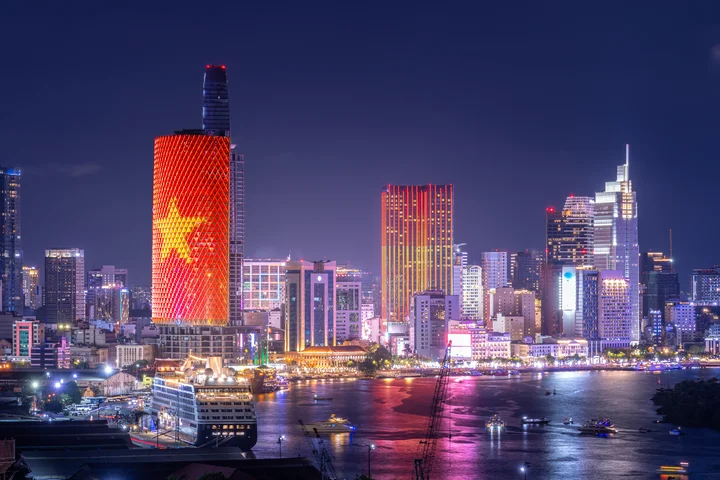 Hanoi and HCMC Prices Surge Past VND100 Million per Sqm
Hanoi and HCMC Prices Surge Past VND100 Million per Sqm
Written by Dustin Trung Nyugen, Head of Vietnam Apartment prices in Hanoi have surged sharply over the past decade, with values now exceeding VND100 million (US$3,786) per sqm across several major projects. Some developments have seen prices rise more than 2.5 times since launch, and year-on-year gains remain substantial, including 39% at Royal City, 36% at Park View City, 32% at Hinode City, and 29% at Times City. This rapid appreciation has firmly established VND100 million per sqm as the new benchmark for mid- to high-tier apartments in the capital. In Ho Chi Minh City, the trend is even more pronounced. More than 50% of the 5,500 units launched last quarter were priced at or above VND100 million (US$3,800) per sqm, reinforcing the dominance of the high-end segment. Average prices in HCMC climbed 21% to VND96 million per sqm, with surrounding provinces Ba Ria–Vung Tau and Binh Duong showing similar upward momentum after being merged administratively with the city. Together, these developments indicate a sustained upward trajectory for Vietnam’s residential market, driven by strong demand and limited supply in key urban centres. For more countries updates:Download Now!
Continue Reading
 Vietnam Tackles Rising Housing Prices with New Reforms
Vietnam Tackles Rising Housing Prices with New Reforms
Written by Dustin Trung Nyugen, Head of IQI Vietnam Housing Prices Surge Amid Cost Pressures and Supply Bottlenecks; Government Eyes Reform Vietnam’s housing market continues to grapple with relentless price increases, fueled by rising land costs, material expenses, and extended approval timelines. Industry experts cite high development costs and premium segment focus as key contributors, with some projects taking up to a decade to secure full licensing—driving prices even higher. Developers’ pursuit of large profits further inflates prices, pushing affordability further out of reach for average citizens. In response, Prime Minister Pham Minh Chinh has called for tighter regulation to curb speculation, enhance market transparency, and accelerate the development of affordable housing. Vietnam aims to complete over 100,000 social housing units by the end of 2025. Key initiatives include diversifying housing supply, expanding rental and worker housing, and mobilizing all sectors to invest in socially inclusive housing under market-driven frameworks. These reforms are critical to ensuring a more balanced, accessible, and sustainable real estate landscape in the years ahead. Discover more country insights here!Download
Continue Reading

 IQI Global
IQI Global
Call Toll-Free:
1800 222 155About Us
Juwai.com, Juwai.asia, IQI, and Juwai IQI are trademarks of Juwai IQI group. All rights are reserved.
© IQI Global 2026
Your privacy matters!
We use cookies to improve your browsing experience, serve personalized content, and analyze our traffic. By clicking Accept all Cookies, you agree to the storing of cookies on your device. For more details, see our Cookie Policy.
Got questions? 😊 I'm JIQI, happy to help!

































































































